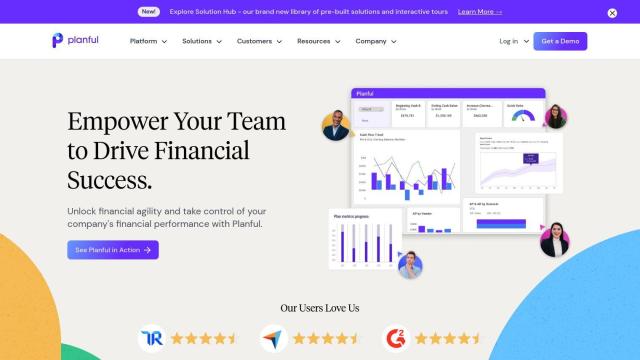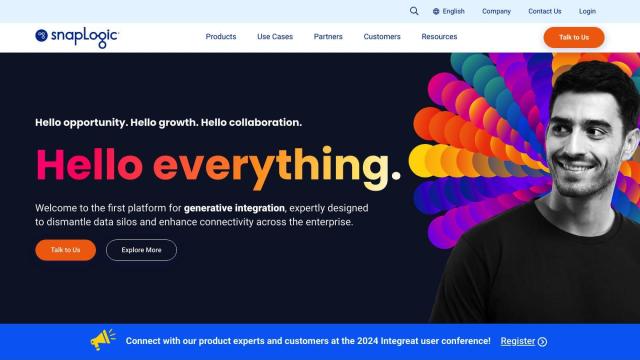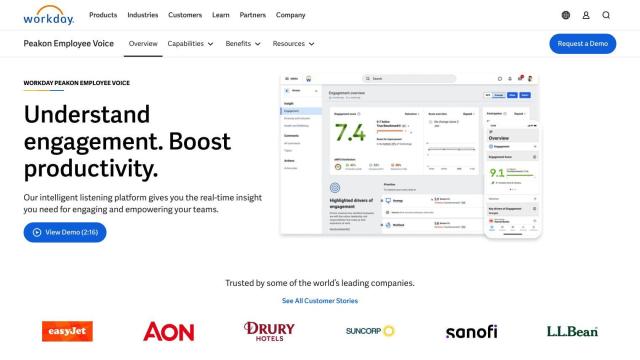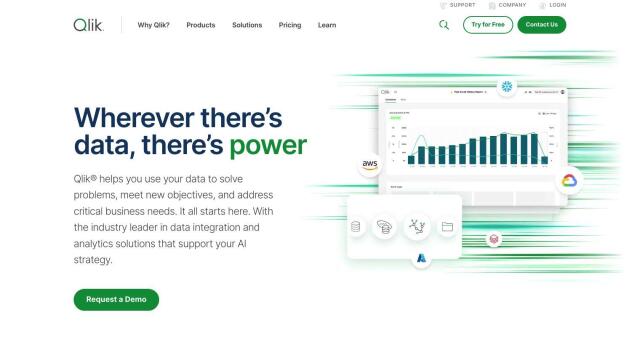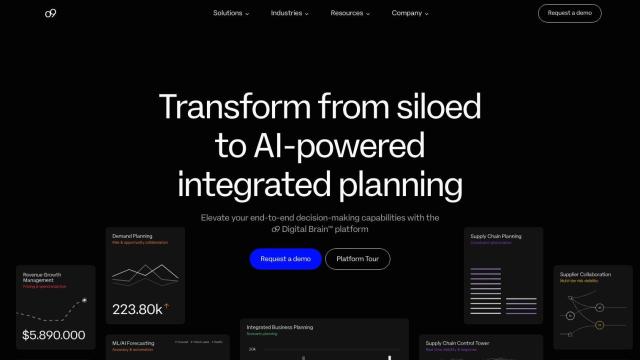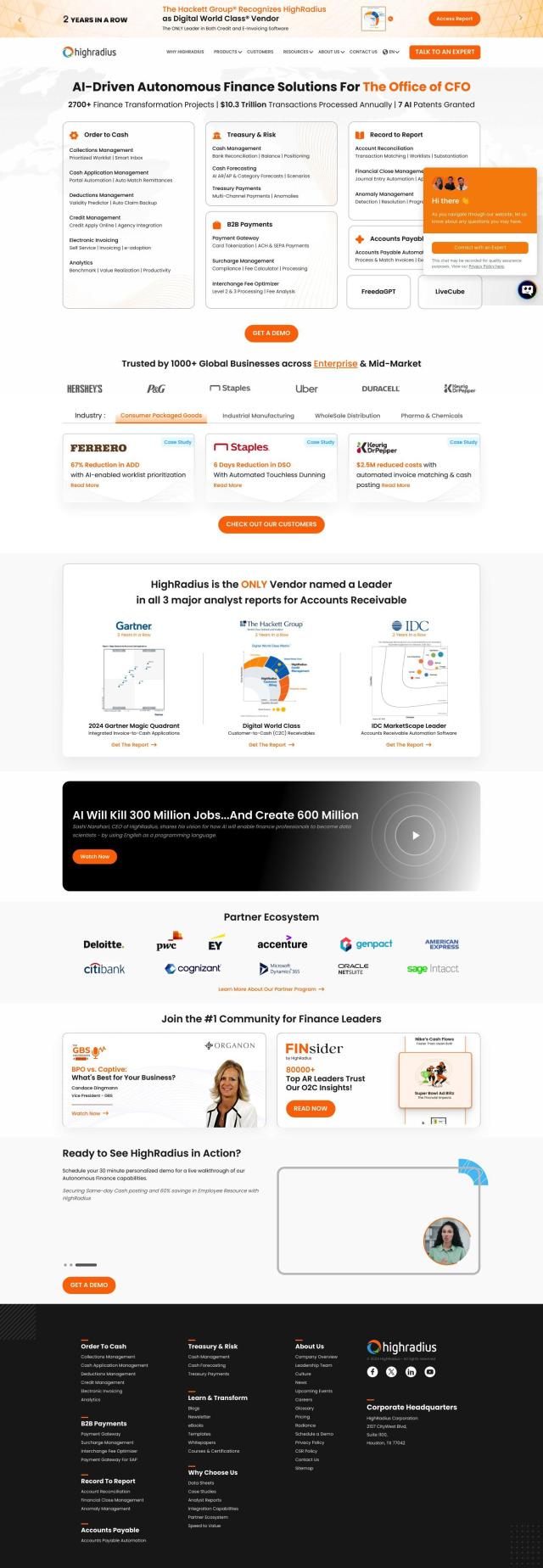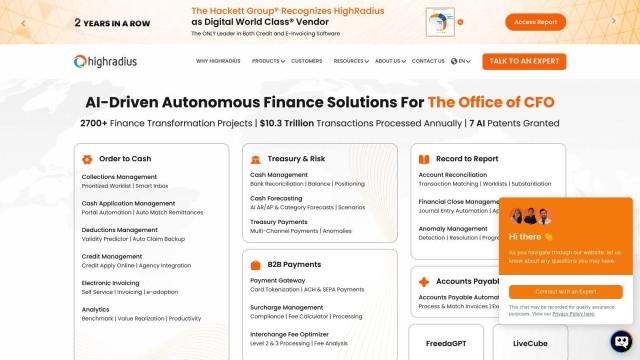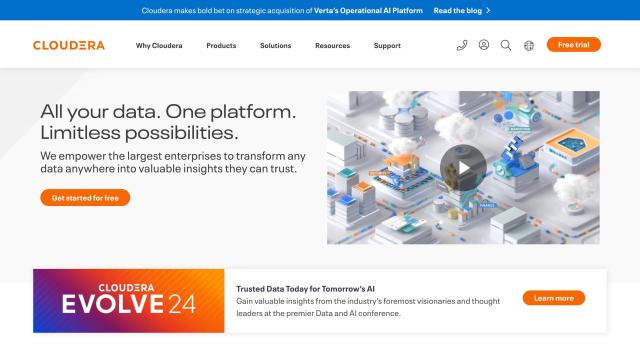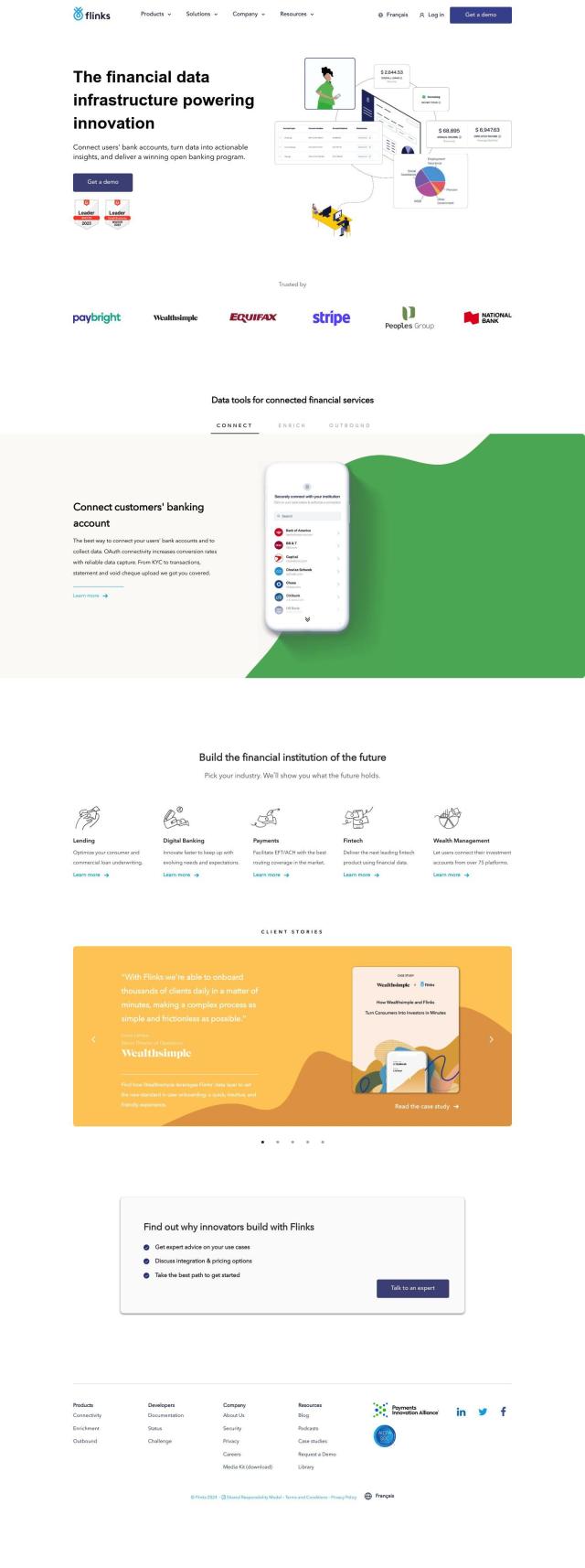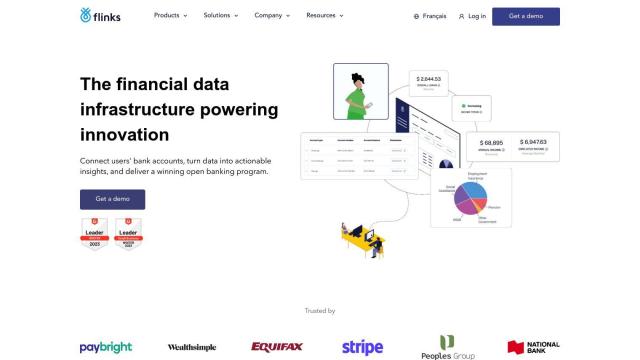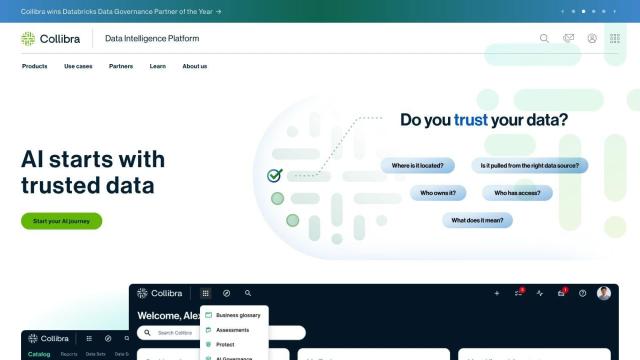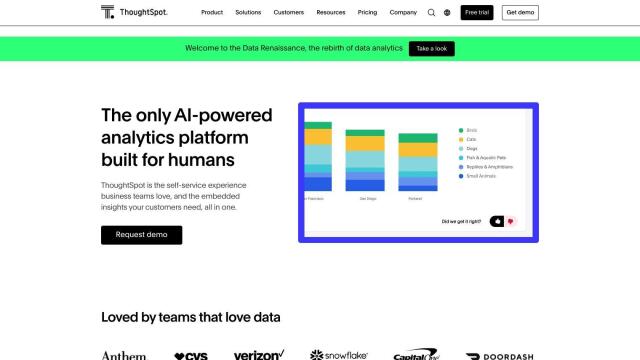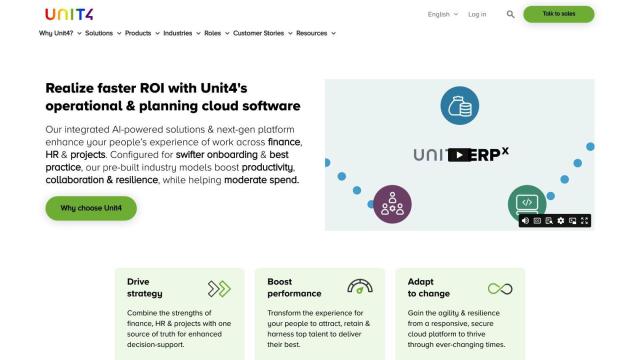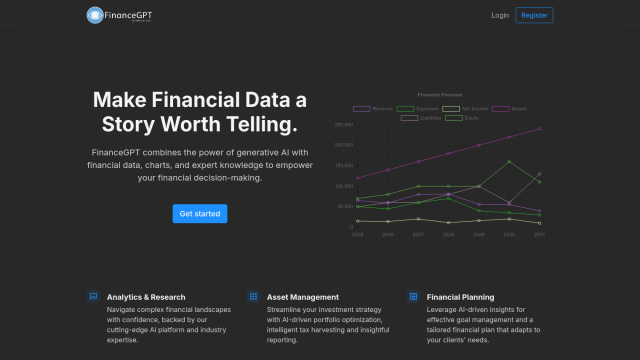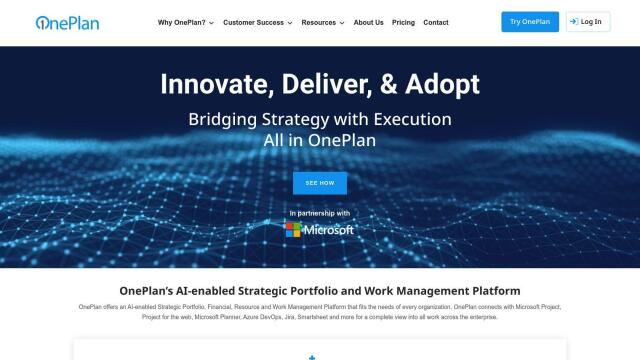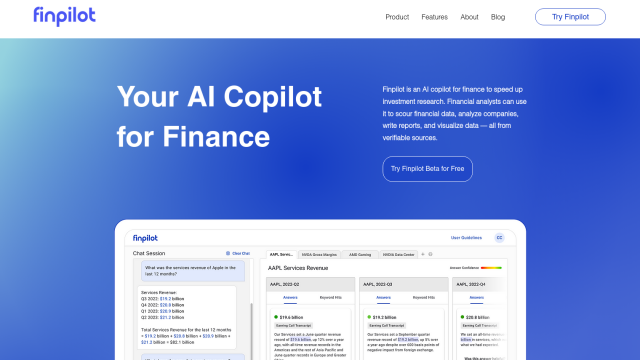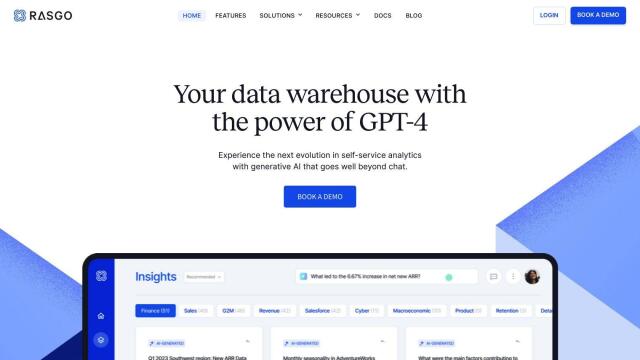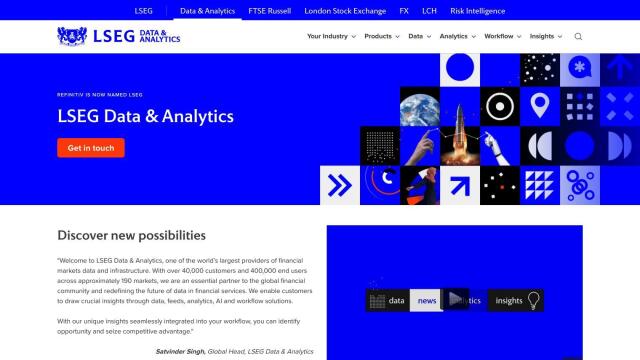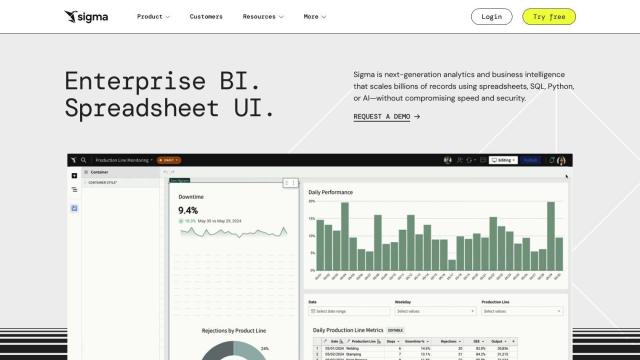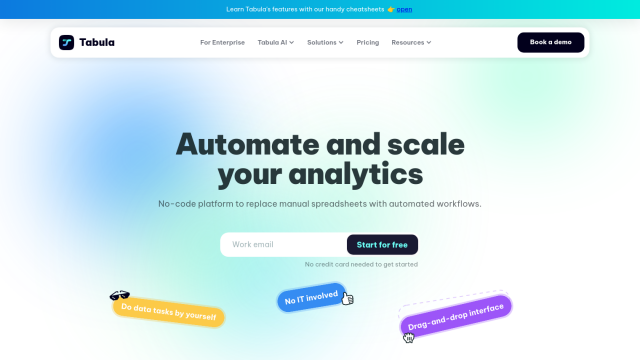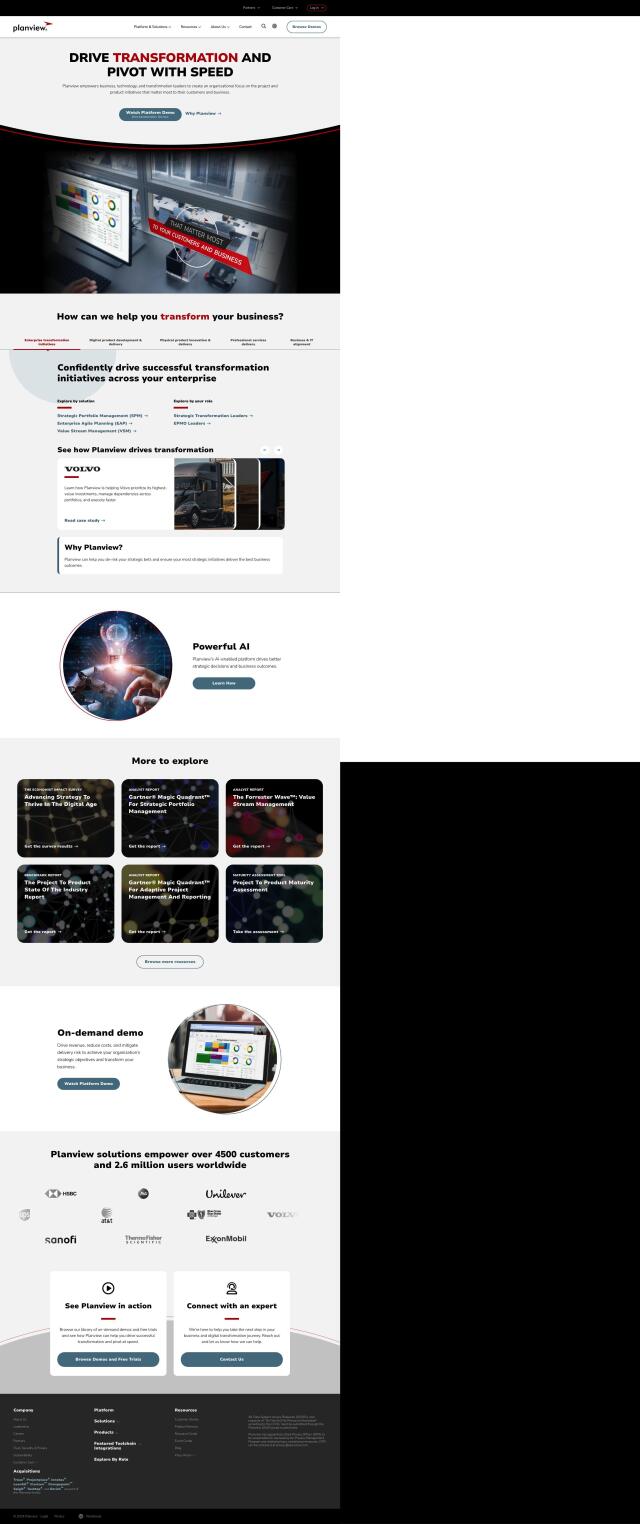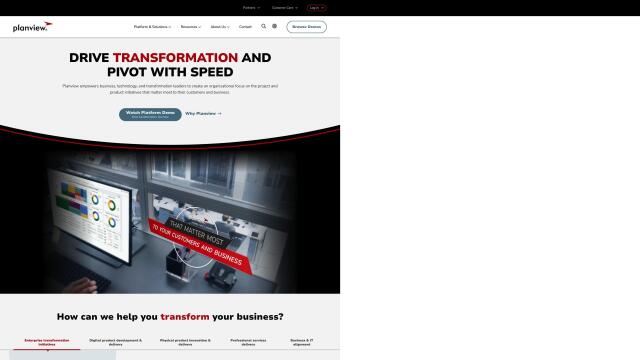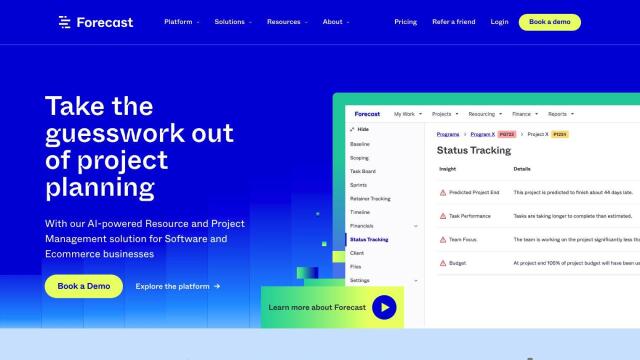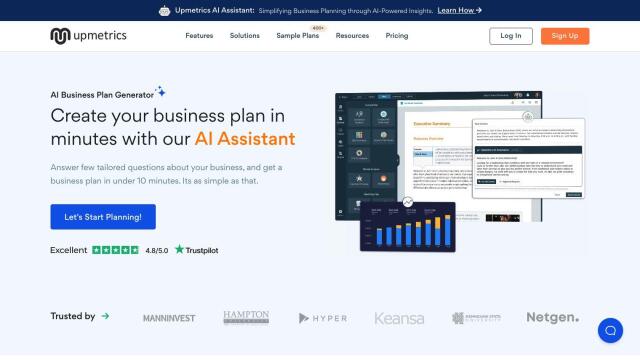
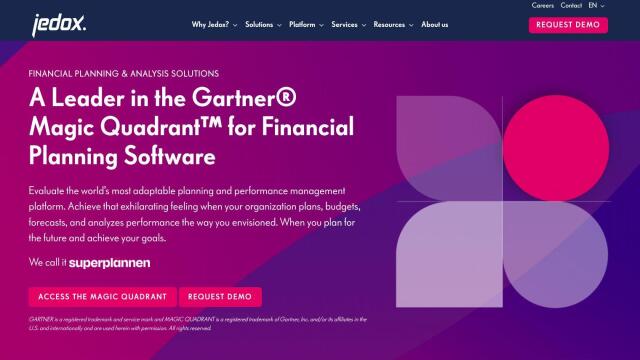
Jedox
If you're looking for another Planful alternative, Jedox is worth considering. It's a financial planning and analysis tool that sits on a single data platform, with an Excel-like interface that doesn't require programming. It's designed for real-time planning and analysis, flexible modeling and scenario planning. The tool is designed to help you improve forecasting and data-driven decision-making across your organization, and it can help you cut costs and automate manual work.

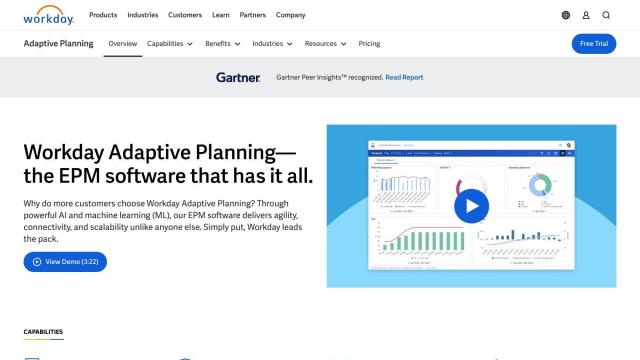
Workday Adaptive Planning
Another major competitor is Workday Adaptive Planning, a cloud-based Enterprise Performance Management (EPM) tool that uses AI and machine learning to help with more sophisticated business planning. It includes financial planning, workforce planning, operational planning and close and consolidation. With data visualization and AI-driven insights, Workday Adaptive Planning can automate your planning and budgeting, making it a good fit for companies of all sizes and industries.

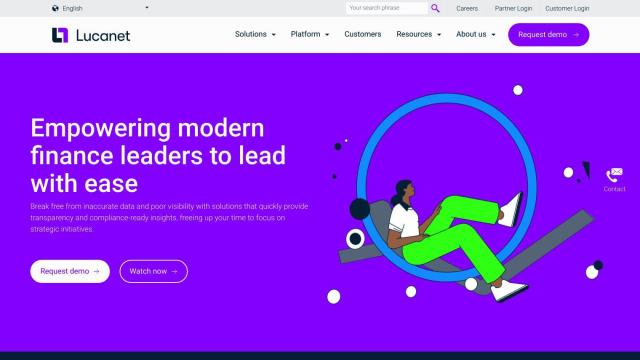
Lucanet
If you want a more complete financial management system, check out Lucanet. Its CFO Solution Platform automates and streamlines financial consolidation, planning and reporting. It integrates with more than 300 systems, handles global financial operations and can generate compliance-ready financial and ESG reports. With a focus on data quality and integrity, Lucanet helps finance teams make better business decisions and drive business growth.

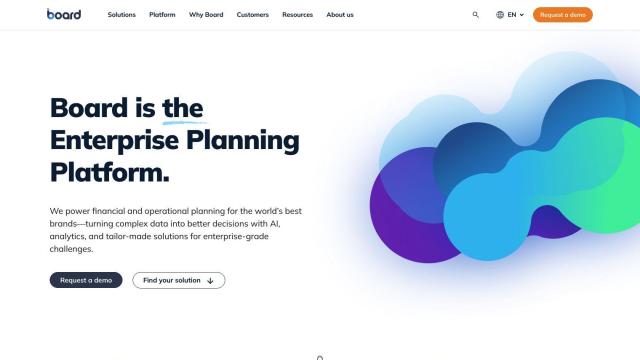
Board
Last, Board is a powerful enterprise planning tool that combines AI, analytics and custom solutions to help you tackle complex business challenges. It offers real-time insights, accelerated planning cycles and flexible collaboration across multiple functions. With a focus on security, scalability and flexibility, Board is designed to give you end-to-end visibility and optimize resource allocation, making it a top contender in the financial planning software market.

